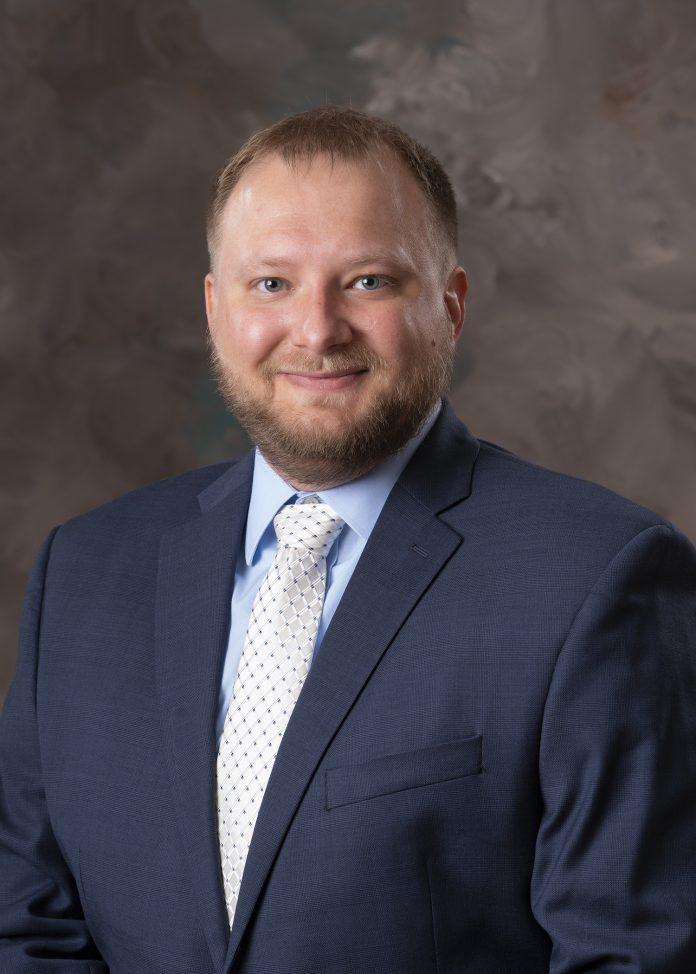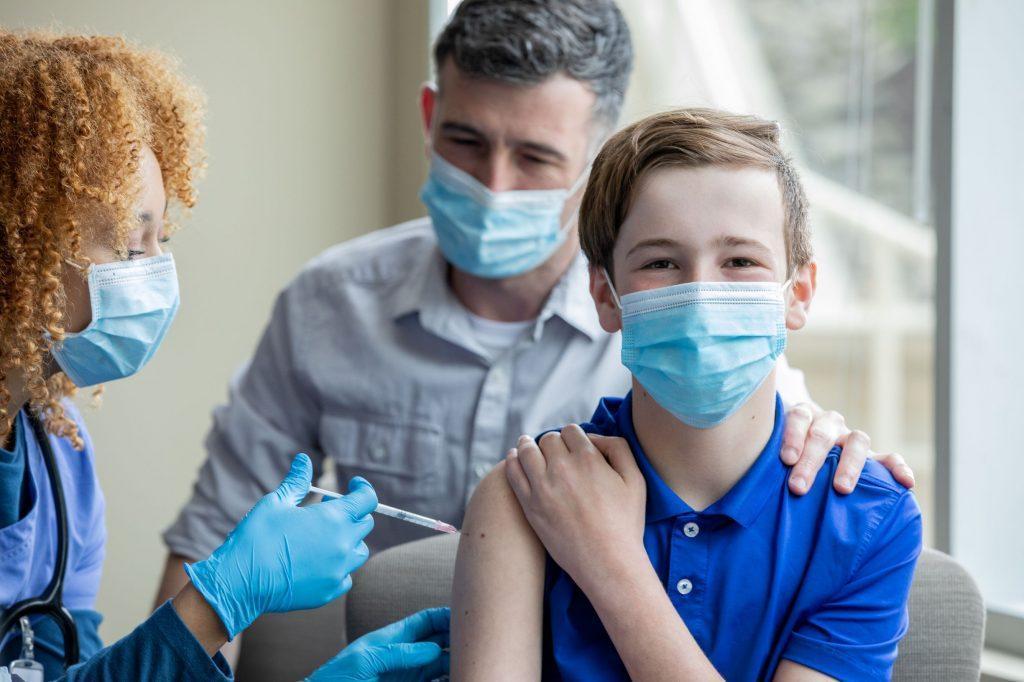Christopher Hutchinson, DO, a physician at St. Mary’s Family Medicine North, discusses the importance of vaccinations for children.
Q. What are the most important vaccinations for children and why?
A. The schedule published by the Centers for Disease Control and Prevention (CDC) and endorsed by the American Academy of Pediatrics is a well-founded list of vaccinations. It gives time intervals to maximize the benefit and early protection to children from deadly and life-altering diseases.
Q. If a child is not current on vaccines, what should parents know/do?
A. You should talk to your physician about a “catch-up” schedule. The CDC gives guidance on which immunizations are safe to be administered at the same time, a priority level, and timeline.

Q. Do vaccines cause autism?
A. No. The authors of the original article that made the claim were found to have fraudulently written the paper and misrepresented facts and data. There is no link between vaccines and autism. This has been thoroughly reviewed by the scientific community. It has been proven in multiple different studies that there is no link between vaccinations and autism.
Q. Isn’t natural immunity better than getting a vaccination?
A. The illnesses that we vaccinate against can be serious or life-threatening. The complications also can cause long-term, disabling side effects including but not limited to death, infertility, blindness, deafness, neurologic problems and a long list of other issues. It is much safer to be immunized than risking these potential problems. I encourage you to talk to your doctor about the importance of routine pediatric vaccinations.
Q. Haven’t a lot of the diseases we vaccinate for been eradicated?
A. Some diseases like smallpox have been eradicated through vaccinations. However, we are seeing reemergence of some vaccine preventable diseases due to “anti-vax” campaigns. One illustration would be the increasing number of measles cases. We went from one to two cases or less a year, to multiple outbreaks due at least in part to parents refusing vaccinations.
Routine childhood vaccines are so good at preventing the disease that we take them for granted. People have a false sense of security if they think their child doesn’t need protection. If everyone takes on this attitude, herd immunity decreases and the risk of exposure increases. If parents continue to refuse vaccines due to misinformation, there will be further resurgence of these childhood illnesses and lifelong complications that we have successfully prevented.
To schedule an appointment, call 580-249-3782 or book online at www.stmarysphysicianassociates.com.

For language assistance, disability accommodations and the non-discrimination notice, visit our website.








